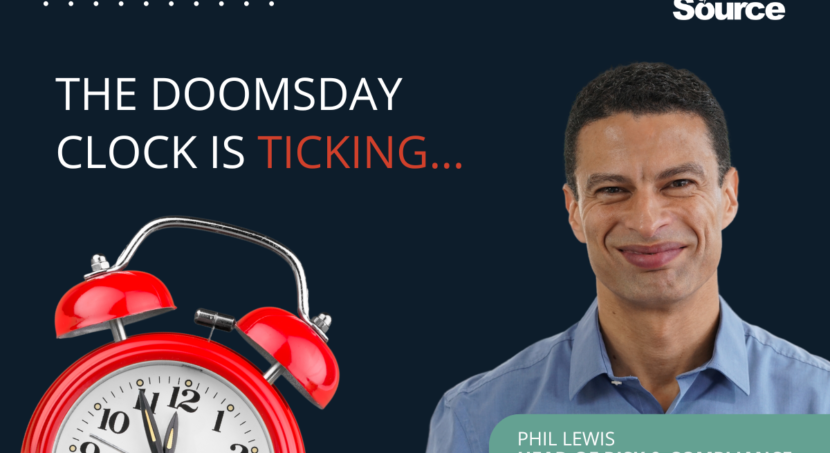Exercitation ullamco laboris nis aliquip sed conseqrure dolorn repreh deris ptate velit ecepteur duis.
Get in touch
- The Source, Global Reach, Cardiff, CF11 0SN
- [email protected]
- 02920 265265
- Monday to Friday: 8.30am to 5pm
Error: Contact form not found.
- The Source, Global Reach, Cardiff, CF11 0SN
- Support 02920 265265
Author: Phil Lewis
-
Source Insurance > Articles by: Phil Lewis
Consumer Duty Report – The Clock is Ticking
Much like the Doomsday Clock, which counts down to the likelihood of a human-made global catastrophe, the Consumer Duty Clock is getting ever closer to midnight, when the first annual board report will be due.
Trust in an Evolving Landscape: Adapting to Change Over 30 Years
Brokers have been caught up in the slipstream of a shift in sentiment prompted by financial scandals that have primarily not been caused by them. We also appear to see a change towards more direct human contact. After years of grappling with phone menus and online journeys littered with pop-ups and adverts, people want to be able to talk to another human being again.
“Life is Like a Box of Chocolates…”
Vulnerability is not new, although the use of that label has taken on a new significance in recent years. The FCA talking about Vulnerable Customers is not new either – launching their first consultation on the subject in 2019 and publishing their industry-wide regulatory guidance in February 2021.
A Matter of Trust
The forthcoming Consumer Duty has received a lot of media coverage. Whilst much of this has been high-level, there is a key area in FG 22/5 that is yet to receive a spotlight in the wider press. However, it epitomises one of the key concepts behind the Consumer Duty – trust.




